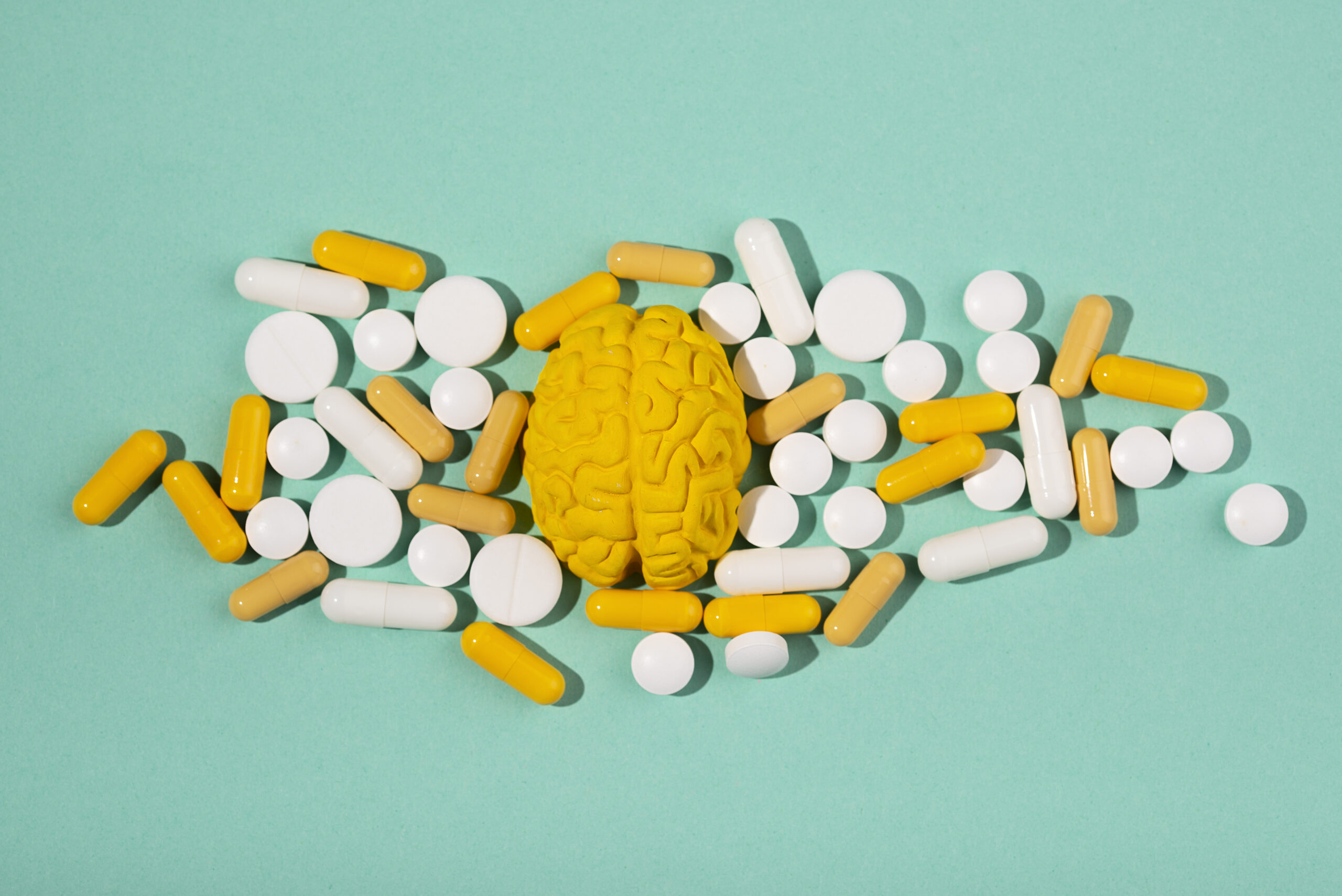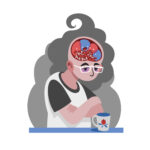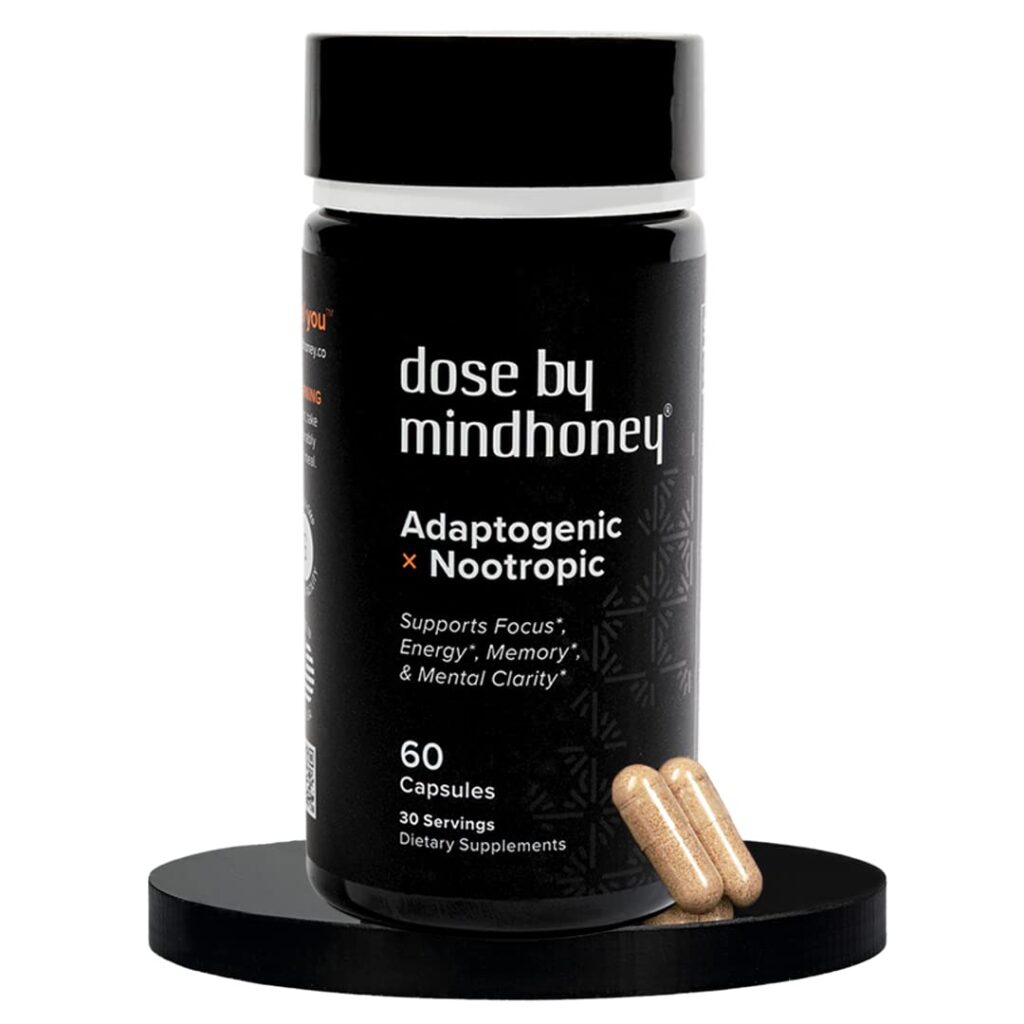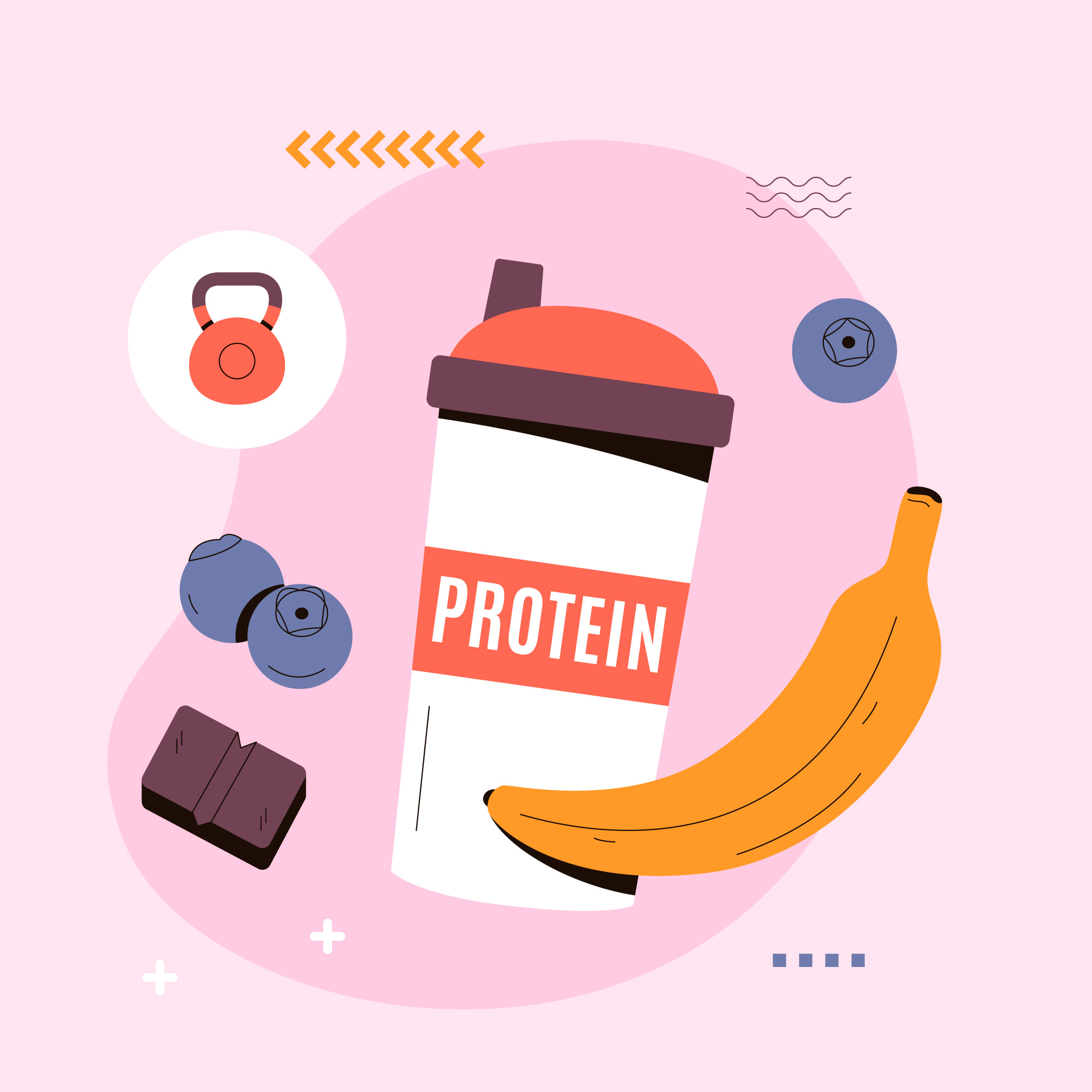Unlocking the Mind: The Science of Nootropics and Their Benefits for Brain Health
In a world where cognitive performance is more crucial than ever, nootropics, or smart drugs, have emerged as a fascinating topic for those looking to enhance their brain function. Whether you’re a student navigating the complexities of academia, a professional striving for peak performance, or simply someone eager to sharpen their cognitive abilities, understanding the science behind nootropics can unveil new possibilities for mental enhancement.
What Are Nootropics?
Nootropics are substances that are believed to improve cognitive function, particularly executive functions, memory, creativity, or motivation in healthy individuals. The term “nootropic” was coined in 1972 by Romanian psychologist and chemist Corneliu E. Giurgea, who described these compounds as having the ability to enhance learning and memory while exhibiting low toxicity.
Nootropics can be classified into several categories, including:
- Natural Nootropics: These include herbal supplements, amino acids, and other naturally occurring compounds (e.g., Ginkgo biloba, Rhodiola rosea).
- Synthetic Nootropics: These are chemically created compounds designed to enhance cognitive function (e.g., Modafinil, Piracetam).
The Science Behind Nootropics
The effectiveness of nootropics arises from their various mechanisms of action on neurotransmitters and brain activity. Here are some scientifically-backed benefits of nootropics:
1. Increased Neurotransmitter Activity
Nootropics often enhance the synthesis and release of key neurotransmitters, such as acetylcholine, dopamine, and serotonin. These chemicals play critical roles in mood regulation, focus, and memory formation.
- Acetylcholine: Important for learning and memory.
- Dopamine: Associated with pleasure and reward; enhances mood and focus.
- Serotonin: Influences mood and anxiety levels.
2. Improved Blood Flow and Oxygen Supply
Many nootropics improve cerebral blood flow, which can enhance oxygen delivery to the brain. Increased oxygen supply supports overall brain health and can lead to improved cognitive performance and mental clarity.
3. Neuroprotective Properties
Some nootropics are known for their neuroprotective effects, helping to safeguard the brain against age-related decline and neurodegenerative diseases. Compounds such as Curcumin and Resveratrol have demonstrated potential anti-inflammatory and antioxidant properties, protecting neurons from damage.
4. Stress Reduction and Mood Enhancement
Nootropics like Rhodiola rosea and Ashwagandha are adaptogens, meaning they help the body adapt to stress. By reducing cortisol levels and enhancing mood, these nootropics can create a more favorable mental environment for focus and productivity.
5. Enhanced Learning and Memory
Certain nootropics, such as Bacopa monnieri, have been shown in studies to enhance memory retention and recall. This is particularly advantageous for students and professionals looking to improve their learning capabilities.
The Benefits of Nootropics for Everyday Life
Incorporating nootropics into your daily routine could lead to several potential benefits:
- Improved Focus and Concentration: Ideal for work, studying, or any task requiring sustained attention.
- Enhanced Creativity: Some users report increased fluency of ideas and the ability to think “outside the box.”
- Better Memory Recall: Aiding in learning new information and recalling details for tasks or exams.
- Mood Enhancement: Improved mood can lead to higher motivation and greater productivity.
- Stress Management: Helping to mitigate the effects of stress, making it easier to tackle challenges head-on.
Things to Consider
While the potential benefits of nootropics are exciting, it is essential to approach their use with caution. Here are some considerations:
- Consult with a Healthcare Professional: Before starting any new supplement, it’s crucial to discuss it with a doctor, especially if you have existing health conditions or are taking medications.
- Quality Matters: Always choose high-quality nootropics, as the supplement industry can be unregulated, leading to variations in potency and efficacy.
- Balanced Approach: Nootropics should complement a balanced lifestyle, including adequate sleep, nutrition, and exercise, rather than replace healthy habits.
Conclusion
The science of nootropics is continually evolving, and while more research is needed to fully understand their long-term effects, many individuals are already reaping the benefits. With their potential to boost cognitive performance, enhance mood, and support overall brain health, nootropics might just be the key to unlocking your mind’s full potential. As with any supplement, informed and responsible use is the best approach to achieving optimal results.y to extend WordPress functionality and provide more options to their clients.









